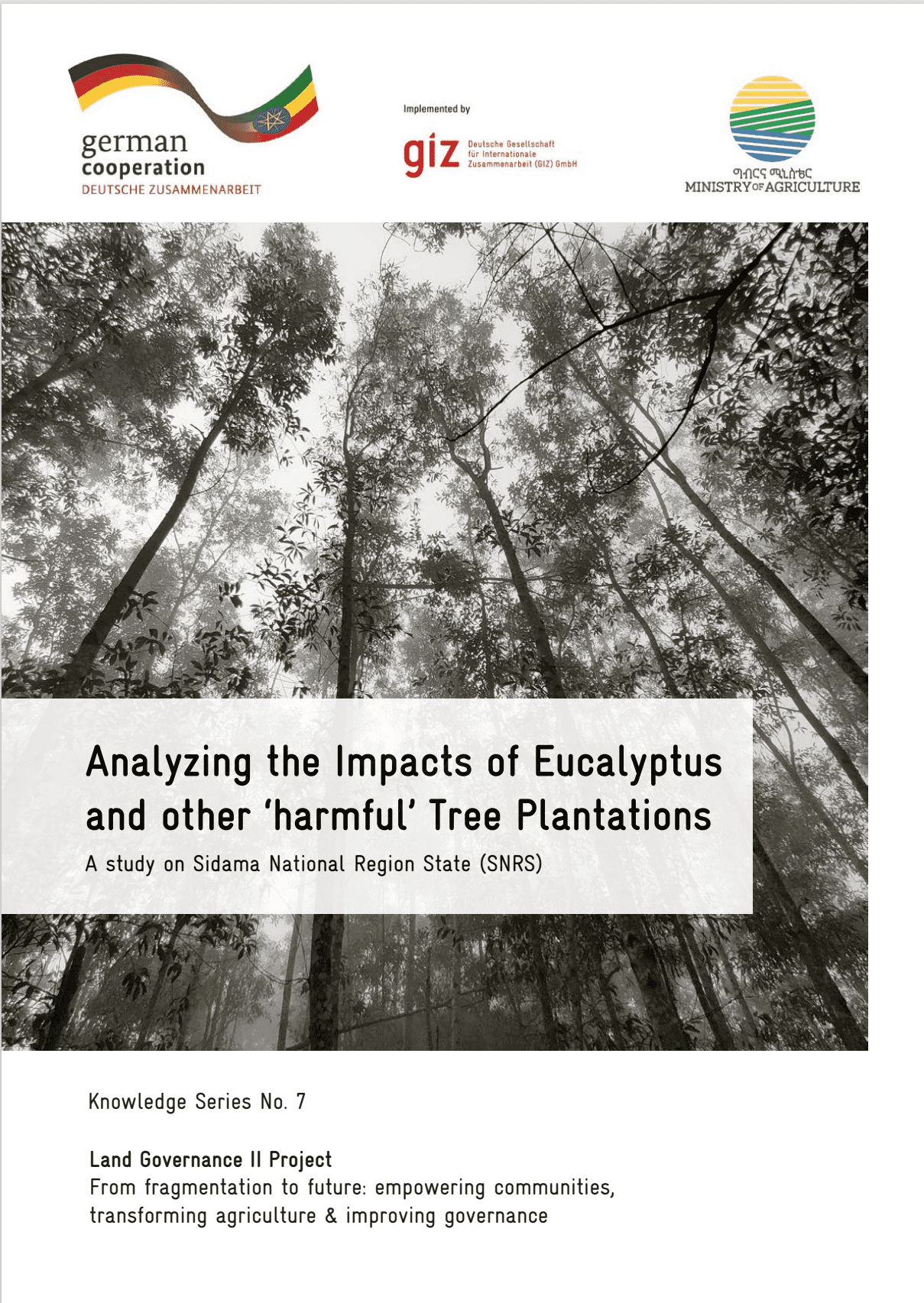This brochure provides an overview of the Global Programme Responsible Land Policy (GPRLP) implemented by the German Development Cooperation <em>Gesellschaft für Internationale Zusammenarbeit (GIZ)</em>. It points out the relevance of land rights for reducing hunger and conflicts as…
The session explored sustainable financing mechanisms for land registration and land administration, emphasizing the integration of financing into the program cycle to enhance implementation. It commenced with an overview of the session's objectives, underscoring the significance of…
The session used storytelling to share experiences from four S4HL country coalitions—Bangladesh, Colombia, Ethiopia, and Uganda—in their efforts to shift norms and attitudes around women’s land rights. Local women and men presented their work in movement building, advocacy, education, and…
The session explored the critical role of customary land tenure in advancing sustainable Forest Landscape Restoration (FLR), emphasizing its importance for community-driven conservation efforts. The discussion began with a keynote presentation by Anne Larson, who presented CIFOR's research…
The session explored strategies to curb informal urban expansion by involving rural councils in proactive land pooling and subdivision, highlighting approaches from diverse global contexts. The discussion opened with Shlomo Angel's presentation on "Laying out the urban periphery before…
Context and background:
Urban green areas are critical in generating community social, economic, environmental, and health advantages. However, clear and reliable data on the spatial extent, distribution, accessibility, and attractiveness of green spaces and parks in the three African…
This study addresses the significant issue of land fragmentation in Ethiopia, which is characterized by small, irregular, scattered parcels with no or adequate road access. With landholders owning multiple small and dispersed parcels, averaging 1.5 hectares, the situation demands urgent policy…
This study focuses on evaluating the impacts of eucalyptus tree plantations and other tree species on various aspects such as agricultural production, water resources, soil nutrients, natural forests, and biodiversity in the Sidama National Regional State (SNRS) of Ethiopia. While eucalyptus…
This report provides an overview of land administration and certification efforts in Ethiopia, focusing on the Second-Level Land Certification (SLLC) program. As the most populous landlocked country in the world, Ethiopia's economy heavily relies on agriculture, making land tenure security…
The International Livestock Research Institute (ILRI) is implementing a food safety project, Strengthening Capacity, Incentives and Institutions for Food Safety in Ethiopia (SCIIFS), aimed at improving the capacity of food safety regulators. As part of this project, on 11 October 2023, ILRI…
Livestock route and related resources mapping, understanding their status and better protection of the routes in the pastoral areas are the first steps towards developing the areas. With this regard, International Livestock Research Institute (ILRI), in collaboration with other partners,…
Land degradation is a severe environmental problem in the northern and northwestern Ethiopian highlands. As a response to increasing land degradation, rehabilitation of degraded grazing lands through exclosures (exclusion of farmers and domestic animals) has been undertaken. This study aimed to…







